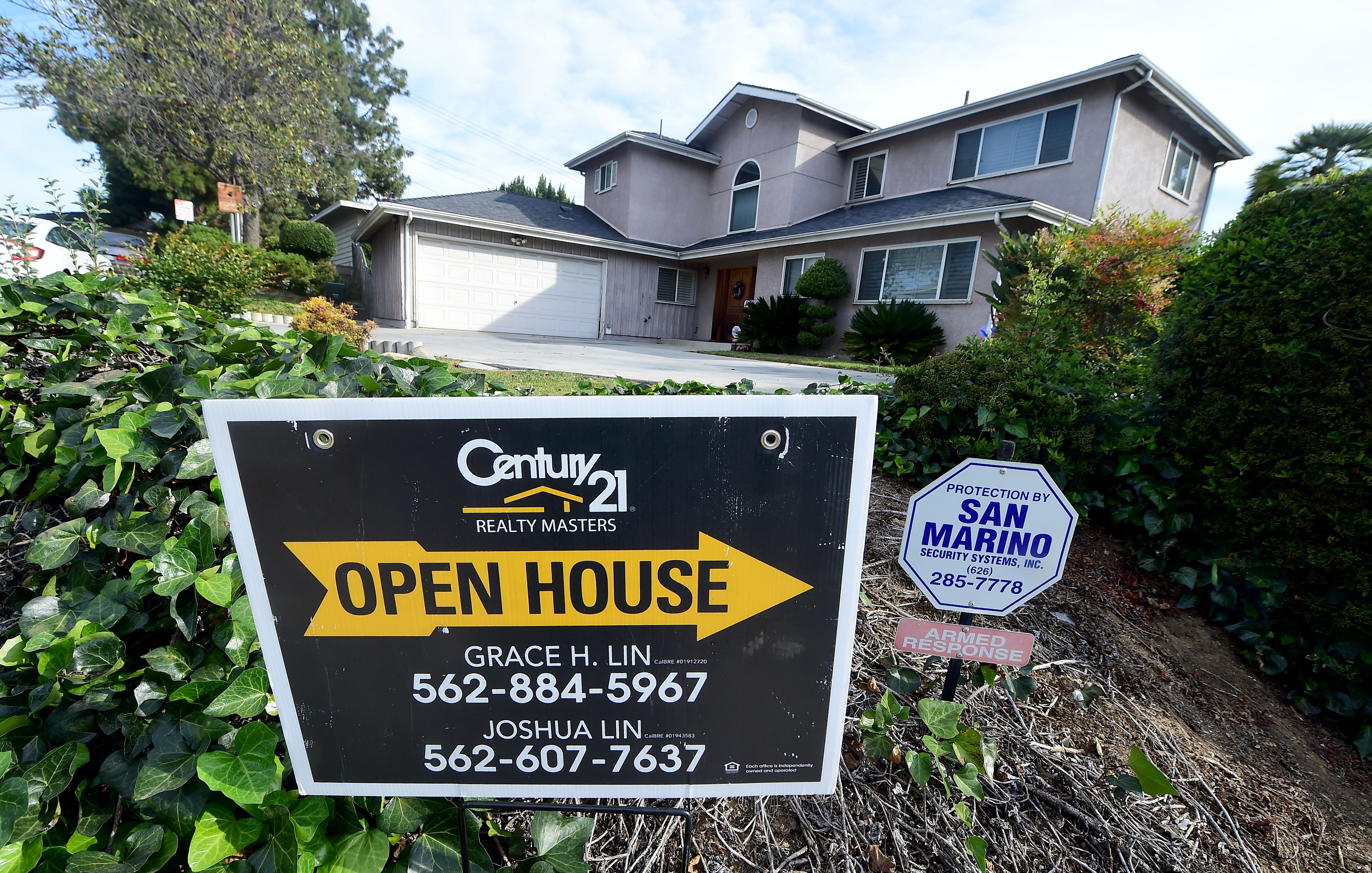The mortgage bust isn't over yet
And more of the week's best financial insights

A free daily email with the biggest news stories of the day – and the best features from TheWeek.com
You are now subscribed
Your newsletter sign-up was successful
Here are three of the week's top pieces of financial insight, gathered from around the web:
The costly end of the SALT deduction
The 2017 tax law has cost homeowners a trillion dollars, said Allan Sloan at ProPublica. "That massive number is the reduction in home values caused" by the law's cap on federal deductions for state and local real estate and income taxes at $10,000 a year, also known as the SALT deduction. Moody's chief economist Mark Zandi calculated that home prices are 4 percent lower than they otherwise would be. With the total value of U.S. homes at about $26 trillion, that adds up to "a $1.04 trillion setback for the nation's homeowners." As you'd expect, "counties with high home prices and high real estate taxes" are suffering the biggest hit, but homeowners all over the country are affected. The worst hit are suburbs of New York and Chicago, where prices would be 10 to 11 percent higher without the cap.
The Week
Escape your echo chamber. Get the facts behind the news, plus analysis from multiple perspectives.

Sign up for The Week's Free Newsletters
From our morning news briefing to a weekly Good News Newsletter, get the best of The Week delivered directly to your inbox.
From our morning news briefing to a weekly Good News Newsletter, get the best of The Week delivered directly to your inbox.
Student loan help from employers
Some companies are helping workers saddled with student loan debt by matching loan repayments with contributions to a 401(k), said Anne Tergesen at The Wall Street Journal. Last year, health-technology company Abbott pioneered a new approach by placing 5 percent of salary into the 401(k) of any U.S. employees "who devote at least 2 percent of income to student loan payments." But Abbott is no longer alone in offering debt assistance. "A growing number of companies such as Kronos, Hulu, and HP have started to pay a fixed amount — often $100 to $200 a month — toward employees' loans," while others now "allow employees to apply the value of unused benefits, such as vacation time or health insurance, to their loans."
Aftermath of the mortgage bust
The U.S. is still paying the costs of the early-2000s mortgage bubble, said Keith Jurow at MarketWatch. In the housing collapse of the mid-2000s, "mortgage modifications were rolled out to enable millions of delinquent homeowners to avoid having their home foreclosed." Some 8.7 million mortgage holders got what were supposed to be permanent modifications. Many of them, however, defaulted again. Often, that led to another modification, and yet another default. Millions of loans are now on their third modification. The re-default rate on these after three years "could be approaching 50 percent." If the housing market continues to weaken, America's big banks will face hard choices about whether they should keep modifying these loans to keep borrowers in their homes.
A free daily email with the biggest news stories of the day – and the best features from TheWeek.com